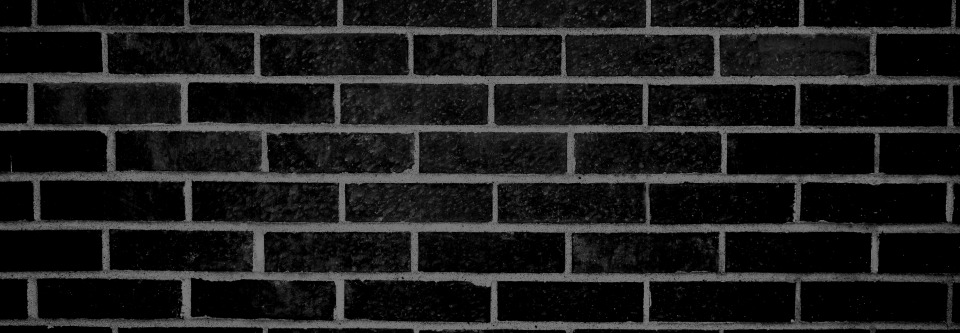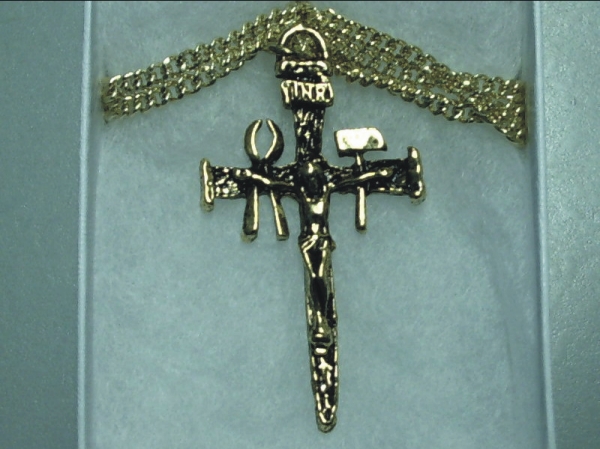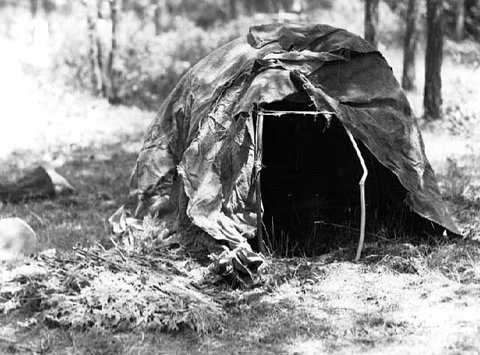
“Shame may be our most hidden or submerged emotion; it may also be the one we shun the most.” (Robert Masters, Emotional Intimacy p.109)
Shame gets a bad rap. A really bad rap. And for good reason. It can be an absolute killer. For so many people shame is like a virus that infects them at an early age and stays with them for life. Shame can be crippling.
“You’re not good enough.”
“You’ll never be good enough.”
“You really f#@!ed that one up, didn’t ya?”
“You’re a failure.”
This is the voice of shame. This is what we think of as the voice of shame anyway. But I want to suggest that’s the voice of negative and unhealthy shame. The negative and unhealthy there is very important because it suggests that not all shame is necessarily negative or unhealthy. Though it might seem counterintuitive, I’m going to argue that recognizing and embracing healthy shame is a wonderful process in our lives. I feel we should welcome healthy shame.
“Shame is the painfully self-conscious sense of our behavior–or self–being exposed as defective, with the immediate result that we are halted in our tracks, for better or worse. The felt sense of shame is that of public condemnation, even if our only audience is our inner critic.” (Emotional Intimacy, emphasis in original p.109).
There’s two pieces in that definition: painfully self-conscious sense of our behavior or self being exposed as defective. Since shame is about being exposed, there’s no better way I guess to advocate for healthy shame then to share what (healthy) shame has taught me. I’ll start with the painfully self-conscious sense of my behavior being defective and then move to the thornier dimension of self-shame.
Healthy Shame and Behavior
The behavior part of shame is a bit more straightforward it seems to me. I want to separate my actions from my beingness. I, like everyone else, am a fallible human being. I make mistakes, sadly sometimes ones that hurt others, even hurt myself. When I commit actions that hurt people close to me, people who I love dearly, it’s very painful.
So I need to be able to feel remorse, genuine contrition, for those actions, without feeling that something is inherently wrong with me as a human (that’s negative shame). Falling into the cycle of destructive self-recrimination hurts me but it also doesn’t actually address what I did wrong nor give me the energy to heal broken relationships. Without genuine contrition, I will most probably make the same mistake. Healthy shame, when it comes to my beahvior, is about genuine remorse not guilt. Guilt isn’t really a feeling I don’t think. It’s more a state of affairs. Masters describes guilt as something we do with shame (shame mixed with fear).
When I reflection on times I’ve said “I feel guilty”, what I think I was really feeling deeper down was remorse. The painful recognition that I did something that hurt another or possibly myself. I feel really sorry; I feel the wrongness of that action and genuinely seek, where possible, to make amends and connect to a deep desire to live and act differently going forward.
This was not an easy process for me to come to. Being raised in a very traditional Roman Catholic family I had plenty of guilt and plenty of negative shame heaped on me. There were theological variations of negative shame–as in the teaching that I was born a sinner and Christ had to die to save me from my sins. There were ways that such theologizing was used as a social instrument of control. In third grade, I had an old battle ax named Sr. Marian (she was an actual religious sister). Sr. Marian had a crucifix with the image of the vision of La Salette. There was a hammer on one side of the crucifix and a pairs of tongs or pincers on the other. Sr. Marian told me that when I was good, I took the pincers and pulled Jesus’ nails out, relieving his pain. And when I was bad, I was taking the hammer and driving his nails in even further.
My bad actions–which intriguingly happen to include not following her orders about how a classroom should be organized–caused wounds to my Savior. (This is a true story–I’m not making that up, that honestly happened. It’s too messed up not to be real). You’ll see the hammer in the picture above which I apparently used as a very naughty 9 year old to wound sweet Christ Jesus. It didn’t help that I was going through a very difficult period with my childhood asthma so I was on medications that were making me hyper (I’m normally quite calm and chill all the time, even as a boy). This is what got me into trouble with Sr. Marian and got me to believe that I was a cause of pain to Jesus, whom I loved dearly as a boy (and still do actually).*
Anyway, while that is a bit of an extreme example, I think most folks have the experience through childhood–either in family or school or among peers–that something is really fundamentally wrong with them as a human being and they should be ashamed about it. Also they should never show nor feel ashamed about it because that would be weakness, which is even more shameful.
For the record, I was able eventually to realize that Sr. Marian was wrong and that I’m not an evil being. I also was able eventually to work through my anger, feelings for revenge, and hatred of Sr. Marian to eventually come to forgive her. (This took years, long since she had died).
Healthy Shame and self
The second part is harder. How to feel a proper sense of healthy shame that has to do with our self. Here’s Masters again:
“When shame shows up, it can crush us, and it can also serve us, as when it makes us less immune to remorse or less full of ourselves. In the latter case, shame is not an enemy but an ally.” (Emotional Intimacy, p.114)
I’ve talked about my experience of the former (remorse), what about the latter? What about a healthy response that makes me less full of myself?
That one is quite current in my life right now. In the last two months I’ve moved from being a full-time priest in a pastoral charge to working to establish a full-time private practice in intuitive readings, energy healing, and spiritual coaching. It’s a complex process. It’s quite tricky and I’m inevitably making mistakes as I go. I surely will continue to make mistakes going forward. Not ethical mistakes, not things I should feel healthy remorse about. More goals and actions I set for myself that I didn’t follow through on necessarily in the timeline I set out for myself.
I’ve had days where I’ve wanted to pull the covers over my head and hide. I feel the embarrassment, the humiliation, the shame in saying that. In Masters’ language, I’m exposed now.
I mentioned this experience of wanting to hide to someone the other day and they responded by talking about vulnerability. It’s not a vulnerable feeling. Vulnerability isn’t something I struggle so much in accepting. I was very sick as a boy and nearly died a couple of times. I’ve been with people through illness, crises, and in the process of dying and death. So I would never say I’m perfectly at peace with my vulnerability (I don’t even know if that’s possible) but I’m to some significant degree at peace with it.
It’s not vulnerability. No, I’m talking about a sense of potential failure, that I might not be able to cut it. That is a far scarier thought to me than the thought of dying. In comparison, death feels like an inviting release. Swing low, sweet chariot, come take me home any day of the week compared to public failure. As the ancient traditions understood, loss of face is death. Better to die and be actually dead then to die publicly and still be alive and have to live with your demise as a zombie.
So given the challenge of what I’ve embarked upon, it’s not surprising I’ve had moments when I’ve let negative shame take over–those moments of pulling the covers over my head and seeking to hide. It can be a real mind toilet. Negative shame hits the handle and down the shit drain I go mentally and emotionally.
Fortunately there haven’t been too too many of those moments so far.
The way I’ve found to deal with them, however, is to actually call on healthy shame in those moments. I’m definitely not following a ‘just push through it’ mentality. Maybe that works for others, but it doesn’t work for me.
When I call on healthy shame, I accept that I’m starting out and there’s simply too many variables and skills that have to be developed. Inevitably I’m not going to be very good at this in a short span of time. When I accept that…and that’s a big when because it’s hard to do, really hard to do and doesn’t always happen admittedly…but when I do I deeply relax. The hard part is getting to accepting the healthy shame. It’s so challenging in no small part because I’m really big into being an expert. I don’t like to learn on the job or learn by mistakes. I’m not one of those kind of people. I like being able to do things well and when I’m not very good at something I really struggle. Hence this is a difficult time in my life (it’s also a very creative one and overall I’m far more at ease than I was in my previous work).
It’s been a great learning the value of healthy shame in relation to self. It’s something more than simply humility. Humiliation is probably be closer to the mark. Amazingly, I accept the healthy shame of self and there’s a moment of deep pausing (Masters says that shame is about stopping us in our tracks). And then, rather incredibly, I actually find energy to take a step and recommit to the process. In those moments of healthy shame it’s far easier for me to ask for help from others–something that again is very hard for me.
I experience healthy shame as a cleansing feeling. It feels like I’ve just come out of some kind of sweat lodge. I’m a little woozy but purged, purified. It’s not a pleasant feeling certainly but it’s a solid one. There’s a grace in it that I don’t recall having felt or understood so clearly before.
I thank Brother Shame for what he’s teaching me.
—
* (Afterthought: I have to say that a part of me really admires the pure sinister genius of Sr. Marian’s view. I mean that’s way better mind control than telling me that some large-bellied bearded Northerner who visits annually has a system of worldwide surveillance to decipher if I’m in the good or bad child category and won’t give me presents if I’m in the latter. Boo hoo, no presents. I mean that’s nothing compared to hammering the nails into poor innocent Jesus.)


